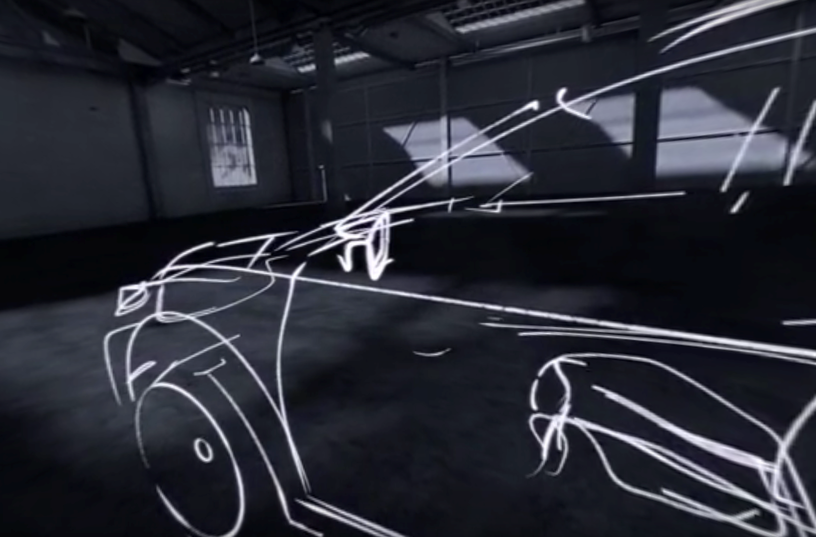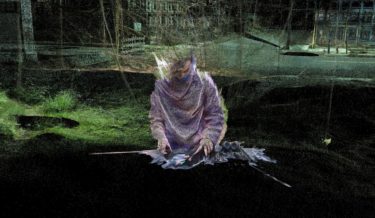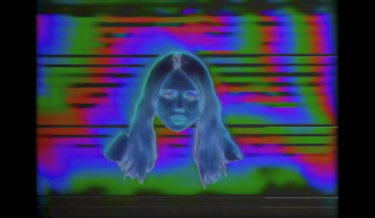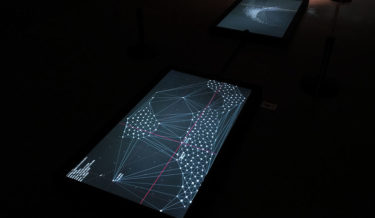Related post
New Subcultures Surface in the Future-Dystopian Films of Liam Young
Apr 25, 2017
|
Comments Off on New Subcultures Surface in the Future-Dystopian Films of Liam Young
1935
VHS Footage Gets Synthesized in Midday Veil’s “Cages”
Sep 25, 2015
|
Comments Off on VHS Footage Gets Synthesized in Midday Veil’s “Cages”
4319
Weave/Wave – Visualising macro-structures of the collective
Mar 23, 2017
|
Comments Off on Weave/Wave – Visualising macro-structures of the collective
2206




